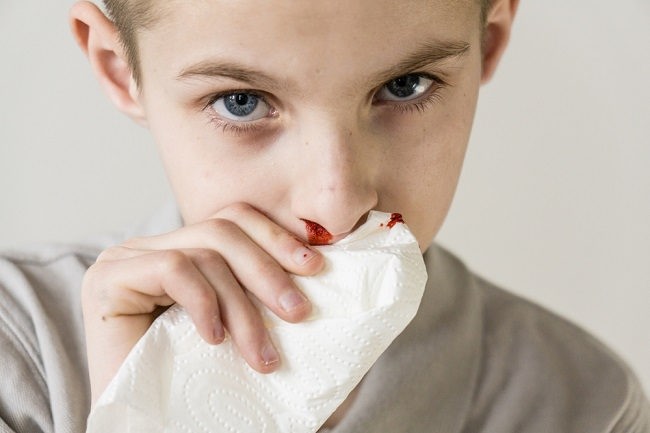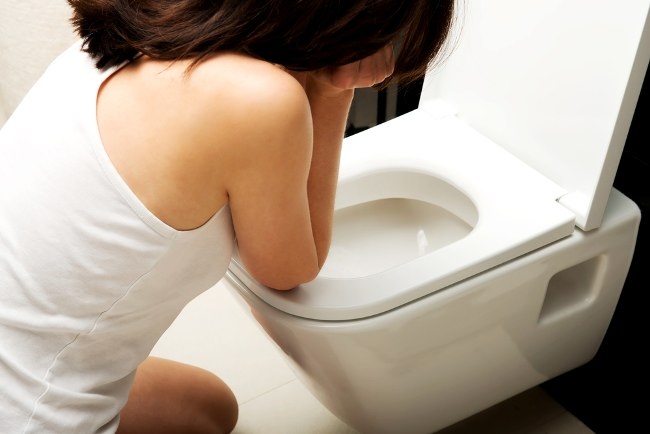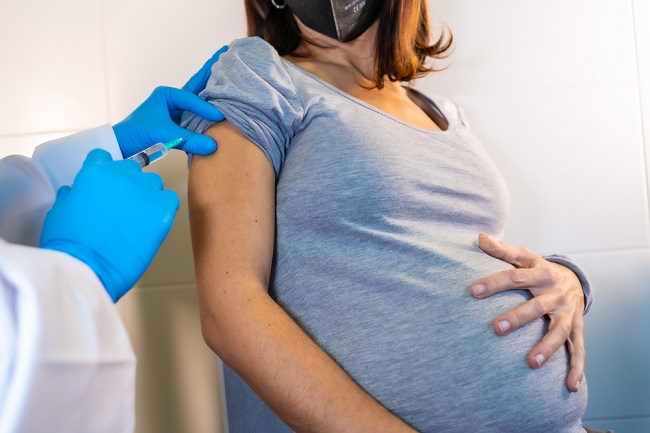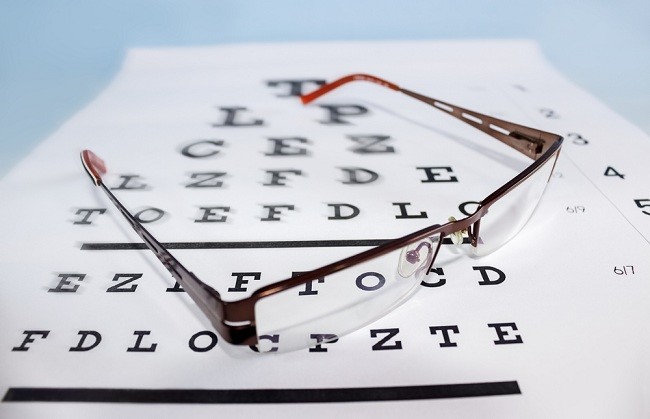Dark spots that appear on the face often interfere with self-confidence. If you experience this, you can try how to get rid of dark spots on the face naturally.
Dark or not skin color is determined by the amount of dye (pigment) called melanin in the skin. If there is too much melanin in the body, the skin color will become darker. There are times when melanin production increases to protect the skin from exposure to ultraviolet (UV) rays and inflammation, causing dark spots on the skin's surface.

Remove Dark Spots Naturally
The appearance of blemishes, spots, or dark spots on the face may seem disturbing, especially for women. However, there are several ways that can be done to remove dark spots on the face naturally, easily and safely. Although its effectiveness is still being researched, this natural treatment can be done using:
- Aloe veraOne way to get rid of dark spots naturally is to use aloe vera. The trick, break a little aloe vera, squeeze the aloe vera flesh and apply aloe vera sap directly to the black spots on the face.
- Apple Cider VinegarAs one way to get rid of dark spots on the face, apply apple cider vinegar to the dark spots on the face with a cotton ball. Then let it sit for a few minutes before rinsing it off.
- Green tea extractTo feel the benefits of green tea on your face, soak a green tea bag in boiled water for 3-5 minutes. Then paste the tea bag on the face that looks black spots twice a day.
- MilkMilk contains lactic acid which can help treat dark spots on the face. Simply dip a cotton swab in milk, then apply it to your facial skin twice a day. Repeat until the effect is really visible.
To prevent the appearance of dark spots on the face or prevent them from getting worse, you are advised to always wear sunscreen (sunscreen) every day, wearing a hat when doing outdoor activities, and avoiding direct sunlight.
You can try various ways to get rid of dark spots on your face. However, if the dark spots appear to be getting bigger, are not symmetrical, are uneven in color, and feel itchy or even bleed, you should immediately consult a dermatologist.









